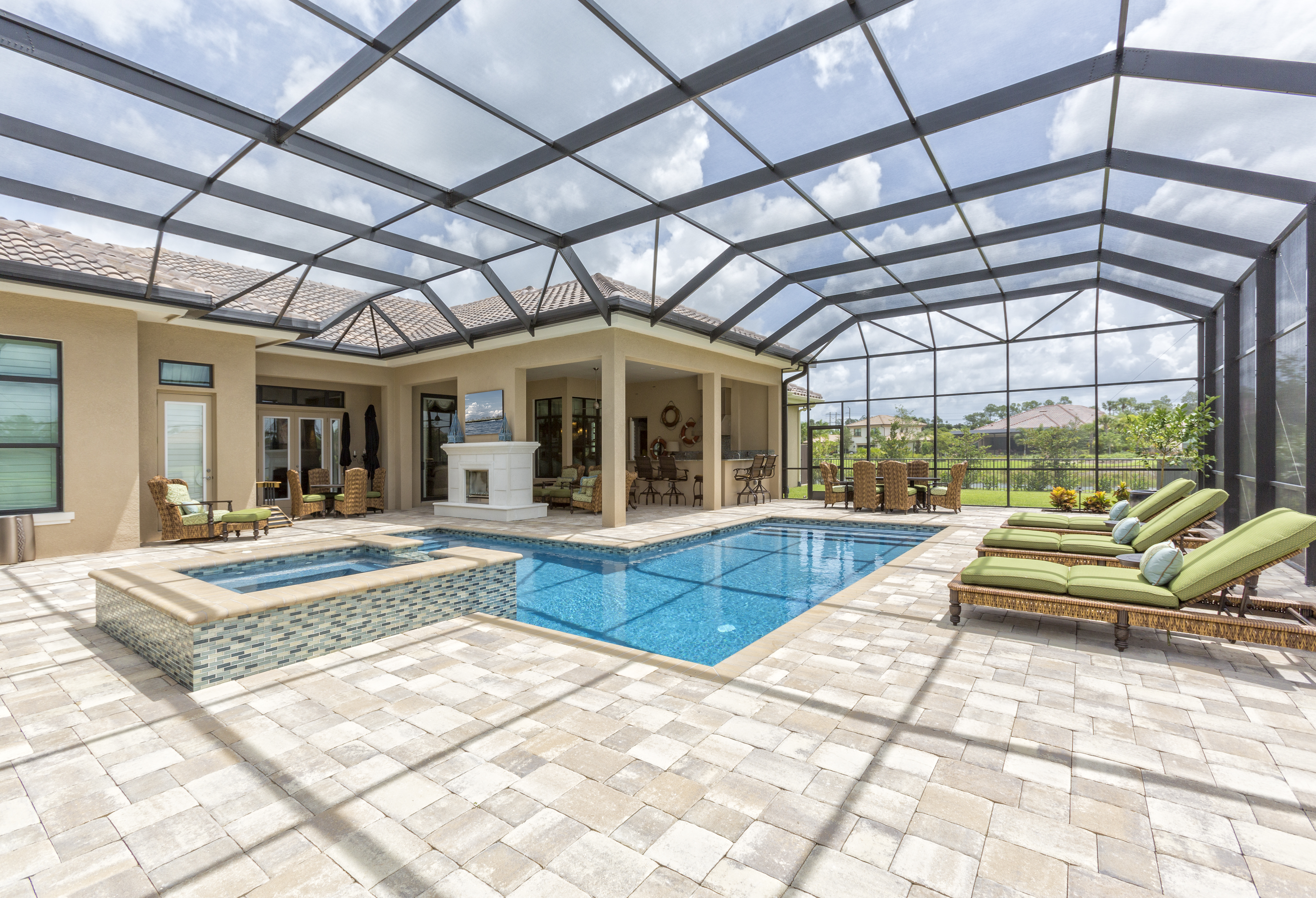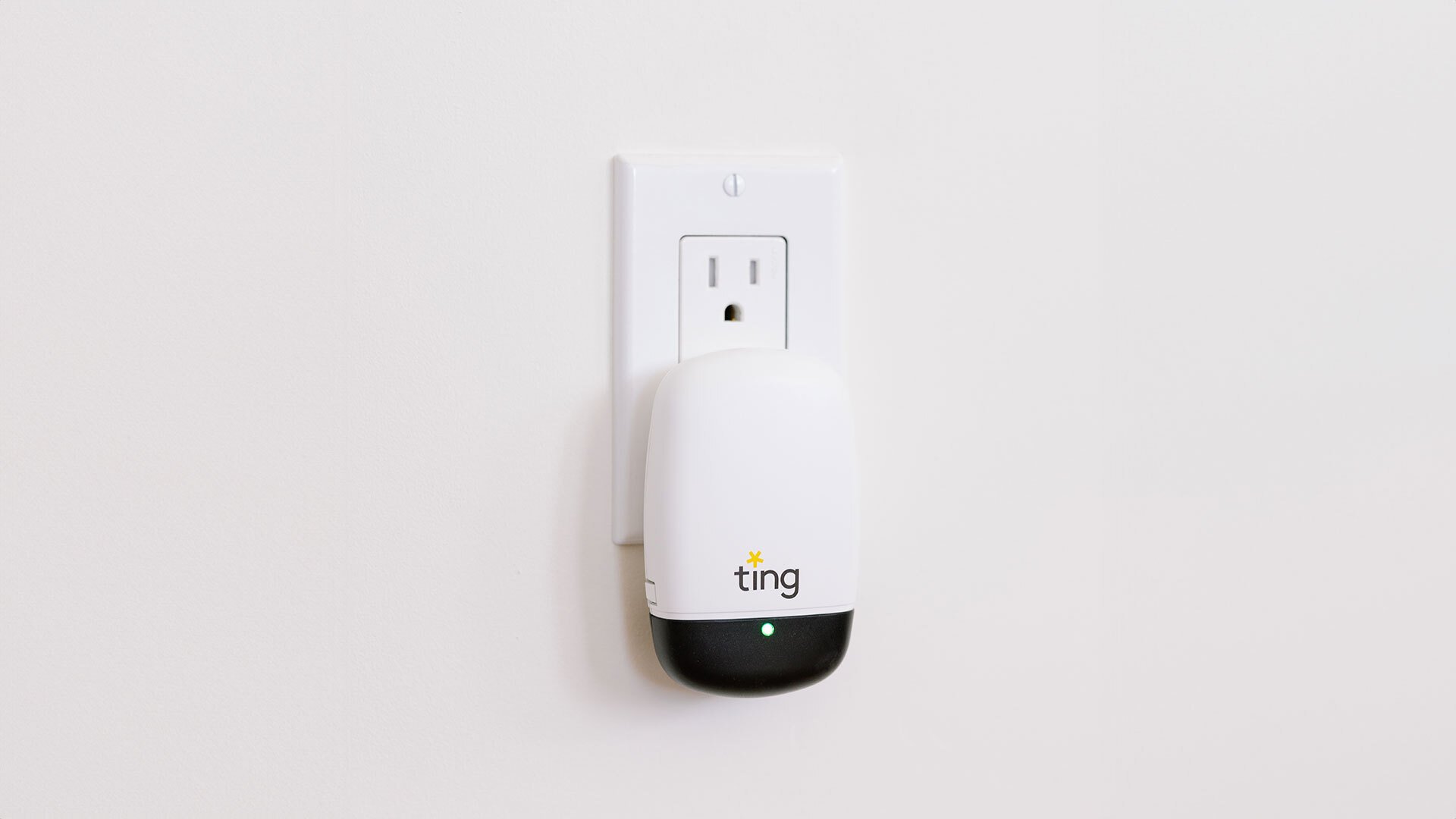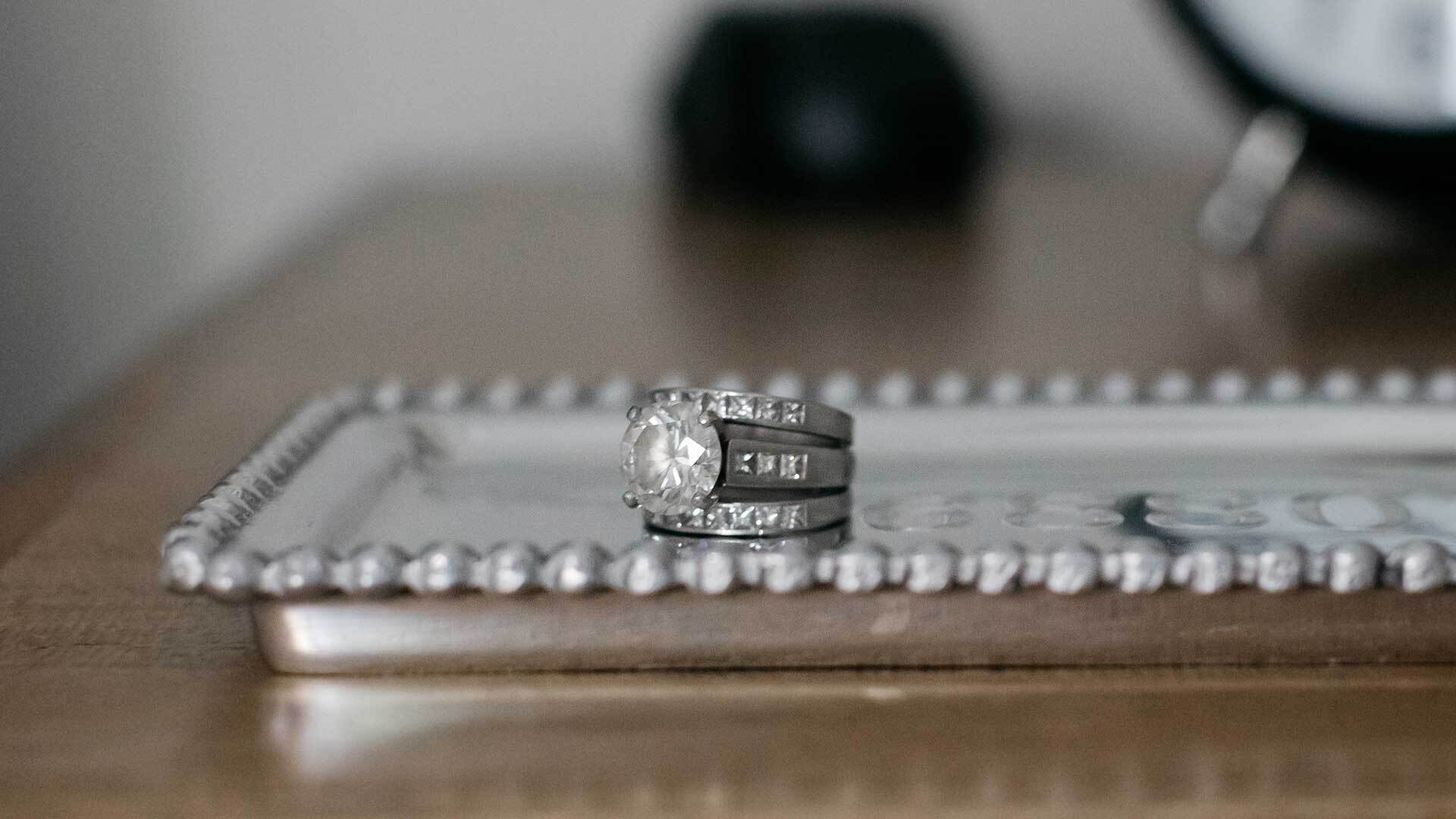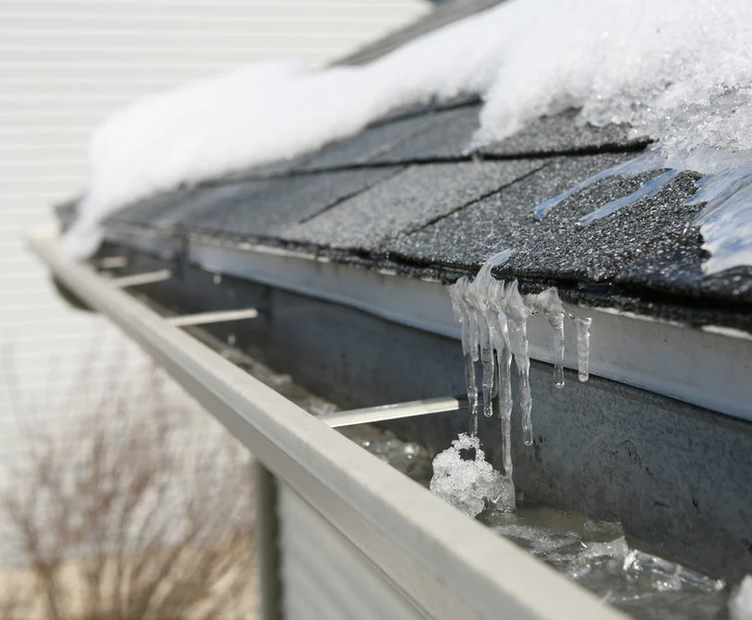Insurer that only covers homes for $1 million or more grows 40% a year

October 2, 2015
Palm Beach Post - 11/03/15
As big insurance companies pulled back from Florida, a relatively small one was getting in — but it was hardly typical.
Privilege Underwriters Reciprocal Exchange (PURE) only covers homes for $1 million or more. It calls itself “member-owned, designed from the ground up for a select community of like-minded families.”
Today, the members include about 50,000 families nationally and 7,000 policies in Florida, said Ross Buchmueller, the company’s president and CEO. About one in five of its Florida policies is in Palm Beach County, records show.
“After the 2004 and 2005 hurricane seasons, there was a bit of an opening,” Buchmueller said. Measured by premiums that now approach $500 million annually, he said, “We have grown by at least 40 percent seven straight years.”
As he tells it, PURE was the first Florida domestic company since 1997 to earn an A rating from A.M. Best. An A.M. Best spokesman confirmed an A- (excellent) rating from 2008, though he said it was difficult to verify specifics about the rarity.
Many Florida-based companies do not have A.M Best ratings because of their size, newness or other factors.
Founded in 2006, PURE — domiciled in Florida with an office in Fort Lauderdale and headquarters in White Plains, N.Y — set its sights on a particular market niche.
For example, the company offers about 10 times the jewelry coverage that is standard with competitors, officials say. Its biggest single claim to date has been a home that is being rebuilt after a fire for more than $10 million.
Its annual report even features a special section on protecting wine collections.
“One PURE member found that nearly $300,000 worth of his wine collection was missing after his storage facility was robbed,” the report said. “The culprits were eventually caught and the wine recovered. Thankfully, our very diligent member had his collection fully inventoried, and his wine was kept in special personalized crates that proved his ownership. Both of these precautions simplified the claim and recovery process.”
The aftermath of big storms in Florida a decade ago helped create an opening.
During that time, large and national brand name companies like State Farm and Allstate have been reducing their risk exposure. Meanwhile, Florida’s biggest and last-resort insurer, state-run Citizens Property Insurance Corp., moved to limit the maximum value of properties it covers, initially capping at $1 million and phasing in further reductions over time.
Competitors include “surplus lines” companies whose rates are not regulated by the state, but PURE entered the fray as an “admitted” or state-regulated carrier.
Lee Wilson, a member who has a home in Jupiter, said he got immediate help on the phone, for example, when a home he owned in Boston suffered weather-related damage. He could log in and see online the notes the claim adjuster was making. The claim payment included money to upgrade features of the home to strengthen it against the elements.
“You call up these insurance companies today, it’s press 1, press 2, then it’s finally a big call center,” Wilson said. “This was different, and it was a huge advantage.”
When a pipe broke in another PURE member’s home, the company was able to put him in a rental home near his synagogue, said Doug Fields, senior vice president of BB&T-Oswald Trippe and Co. in Weston, which sells PURE policies.
“Emotionally, that was important,” Fields said. “It was a very religious family.”
The Palm Beach Post found no complaints to the state’s Department of Financial Services against PURE in the past two years.
Eric Stauffer, a former insurance agent who offers reviews online, said he could find only one complaint in three years to the Better Business Bureau, which gave PURE an A-plus rating. Then again, he noted, high-net-worth individuals may be a little less likely to hop on the Internet and complain.
“PURE is a recent addition to the lineup of companies aiming their policies at the affluent; major competitors would be Chubb and AIG,” Stauffer, based in Seattle, wrote last year. “For those who fit into the right tax bracket and are looking for a change from the usual insurance company, PURE is well worth a look.”
Information was difficult to find about how rates compare to competitors, but price may be less of a concern than the level of service in this end of the market, Stauffer said. He gave the company four out of five stars.
A few commenters on his site raised concerns about what happens to PURE if a major catastrophe does strike a lot of its members at once. Company officials say they weathered their share of Superstorm Sandy claims and recently announced a recapitalization of the parent company.
At the same time, they point to geographic diversity they say blunts the threat that risk is too concentrated in any one place. The company now operates in 48 states and is working on Idaho and Alaska, they said.
There are advantages to starting from scratch, said Buchmueller, who served as president of AIG Private Client Group until 2006 when he and partners established PURE. It can, for example, draw on members serving on an advisory committee to provide input on its direction. Companies that may be structured differently — having to answer to shareholders, for instance — may face different pressures.
“When the interests of shareholders — raise rates, make money — run counter to those of policyholders, that’s where the problem can come in,” he said. “We had a clean slate and a better model.”





